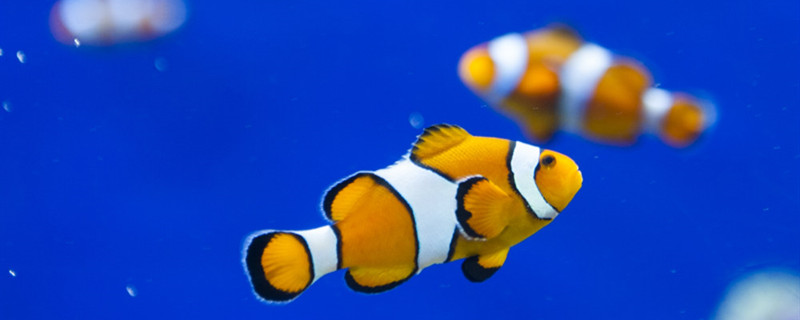
Fish belong to vertebrates. These animals have nerve reflex arcs. Therefore, after death, although the brain will stop moving, the body will still have muscle spasms to pull out. Even after appropriate stimulation, such as sprinkling salt on it, this situation will be particularly evident.
1. Losing balance: The fish lives in the water, so it needs to keep balance all the time. This depends not only on the fins, but also on the swim bladder to regulate. After the fish dies, the regulation function of the swim bladder will fail, so that the original abdominal density will be reduced, resulting in its belly floating upward on the surface of the water.
2. Body rigidity: The body of a fish will become very rigid for a period of time after death, which usually lasts for several minutes or hours. The reason why the time is not necessarily, generally depends on the type, nutrition and storage methods. In addition, the degree of stiffness of the fish is also a sign of its freshness.
3. Autolysis and decay: As mentioned above, the rigidity of the fish body will last for a period of time, and then it will enter the next stage. Its muscles and internal organs will begin to autolyze, which also means that it will decay. Microorganisms will slowly decompose it, and its color and odor will change significantly in the process.